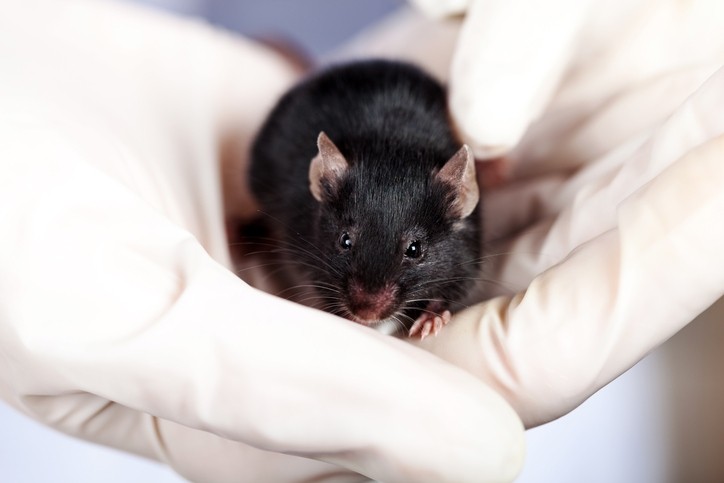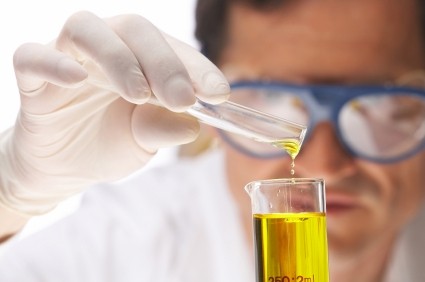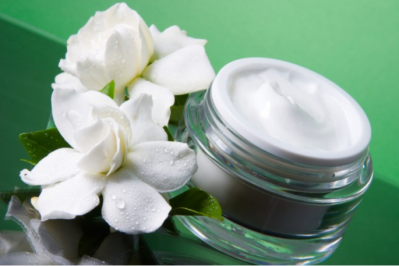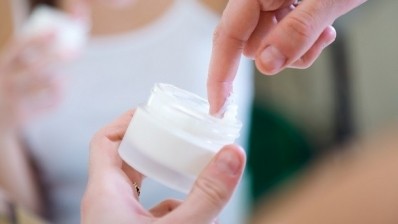‘The future of cruelty-free cosmetics in Europe’ at risk, claims animal rights group

The group says that the European Chemicals Agency (ECHA) is ‘undermining’ European cosmetics animal testing bans, and “chipping away at the Cosmetics Regulation by asking for animal tests on substances used primarily or exclusively in cosmetics”.
Specifically, the group says it is referring to animal tests still being required on:
Octocrylene (a common UV filter used almost exclusively in cosmetics)
Triclosan (a preservative used almost exclusively in cosmetics).
The ECHA explains that there is a interplay between two major chemicals regulation frameworks in Europe that means some testing may still be required on animals for specific chemicals used for specific functions, but emphasises that this is avoided wherever possible.
“We work hard to try to minimise any unnecessary testing on animals in all aspects of our work. The REACH regulation states that animal testing should always be the last resort only, if the necessary data is not available from any other sources,” the Agency says.
Who is the ECHA, and how are they involved with chemicals regulation?
The ECHA does not create or vote on any legislation. The Agency implements EU’s chemicals legislation (REACH) for the safe use of chemicals, while the European Commission is responsible for the implementation of the Cosmetics regulations.
Regarding the interface between REACH and Cosmetics regulations, ECHA has followed the European Commission’s interpretation, as follows.
“As is apparent from the Commission Communication of 11 March 2013 on the animal testing and marketing ban and on the state of play in relation to alternative methods in the field of cosmetics (COM(2013)135)) testing would not trigger the testing and marketing bans under the Cosmetics Regulation if the testing is to be performed for the purposes of meeting the requirements of the REACH Regulation,” the Agency says.
How come some ingredients still need to be tested on animals?
In 2015, the European Commission clarified how to interpret the interface between these regulations: “The Cosmetics Regulation lays down rules applicable to a specific category of products, namely cosmetic products, to ensure the functioning of the internal market, while ensuring a high level of protection of human health (Article 1).
“As internal market legislation, the Cosmetics Regulation deals with cosmetic products in their finished state which are made available to end users on the EU market.
“Therefore, the safety of cosmetic products for human health has to be assessed on the basis of their application and use by end users.
“The purpose of the cosmetics legislation is not to regulate the process of manufacturing cosmetic products or the protection of workers involved in the production and handling of substances used as ingredients in cosmetics”. ECHA has published a factsheet to help industry to understand their obligations, and since then, it says the process has run relatively smoothly.
The REACH regulation requires to gather data and to use that information to increase the level of protection on human health and the environment in Europe.
Chemicals used in cosmetics are often ingredients in other products and people in the workplaces (this applies also to workers of the cosmetics industry) can be exposed to much greater concentrations of chemicals than consumers, hence why they need to be tested.




















